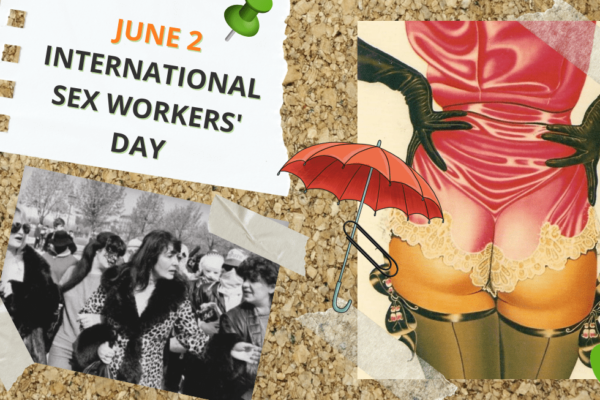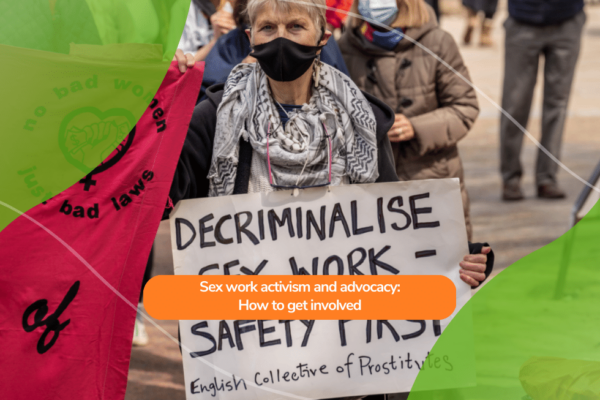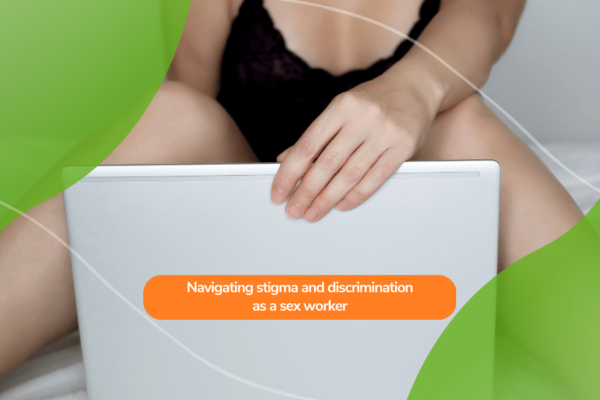Every year, countless sex workers face violence, exploitation, and even death — not because of the work itself, but because of the legal systems that criminalise and marginalise them. Around the world, the research is clear: decriminalising sex work is one of the most effective ways to protect sex workers’ safety, rights and lives. So what exactly does the evidence say? And why is decriminalisation a public health, legal, and human rights imperative? Let’s break it down.
What Do We Mean by Decriminalisation?
Decriminalisation means removing all criminal penalties related to consensual adult sex work. This includes:
- Selling sexual services
- Buying sexual services
- Renting premises for sex work
- Working with others for safety (e.g., shared flats, security personnel)
It is not the same as legalisation, which typically involves heavy state regulation, zoning laws, or mandatory registration that still excludes many sex workers. Decriminalisation simply means that sex work is treated like any other type of work — without specific criminal penalties.
Decriminalisation Reduces Violence. Here’s the Data.
A 2014 study published in The Lancet found that decriminalising sex work could reduce new HIV infections by up to 46% over ten years by improving access to services and reducing violence. Other studies have shown that in decriminalised contexts:
- Sex workers are more likely to report crimes to the police
- Clients are more thoroughly screened before appointments
- Peer support networks flourish, improving community safety
- Rates of violence — including rape and assault — go down
In New Zealand, where sex work was decriminalised in 2003 under the Prostitution Reform Act, sex workers have consistently reported feeling safer, more empowered to refuse clients, and more able to report abuse without fear of arrest.
Criminalisation = Increased Harm
Under criminalisation (or partial criminalisation, such as the “Nordic Model”), sex workers face significant risks:
- Rushed negotiations: Workers can’t take time to assess clients when police might be watching
- Isolation: Working in pairs or using security staff is criminalised in many places
- Eviction and blacklisting: Landlords may evict sex workers to avoid legal trouble
- Police harassment: Condoms can be used as evidence, and racial profiling is common
This creates a system where violence is not just common — it’s structurally enabled. Clients know that workers are less likely to go to the police. Exploiters and traffickers thrive in these conditions, while workers have fewer ways to seek justice.
What About Trafficking?
A common myth is that decriminalising sex work increases trafficking. But research shows that this isn’t true. In fact, decriminalisation:
- Makes it easier to distinguish between consensual and coerced work
- Improves access to support services for victims
- Allows sex workers to report abuse or coercion without self-incrimination
As the Global Commission on HIV and the Law puts it: “Criminalising sex work has not been shown to reduce trafficking. On the contrary, it makes it harder to identify and assist those who are trafficked.”
What Happens When You Decriminalise? A Look at New Zealand
New Zealand is one of the few countries to fully decriminalise sex work — and it’s become the go-to case study for researchers, activists, and governments alike. Since decriminalisation in 2003:
- Sex workers report increased ability to refuse clients
- Over 90% of workers feel they have legal rights and better workplace safety
- There has been no increase in the number of sex workers
- There’s no evidence that underage or trafficked sex work has risen
A 2008 evaluation by the New Zealand Ministry of Justice concluded that the law had “not caused significant negative impacts” and had “enhanced the rights of sex workers.” In short: decriminalisation works.
But Decriminalisation Isn’t the End of the Road
While legal change is essential, it must be paired with social, healthcare, and workplace protections. These include:
- Accessible healthcare (including mental health and sexual health)
- Anti-discrimination protections in housing, employment and banking
- Support for migrants, trans workers, and those at risk of violence
- Funding for peer-led safety networks
Decriminalisation is a foundation. But it must be part of a wider approach to justice, dignity and wellbeing.
The Takeaway
The research is clear: criminalising sex work puts lives at risk. Decriminalisation gives sex workers the ability to protect themselves, access justice, and live without fear. It reduces violence, improves public health, and upholds basic human rights. If we want to end violence against sex workers, we have to start by ending the laws that make that violence possible. For more insights into sex worker safety and rights, visit the Vivastreet blog.





